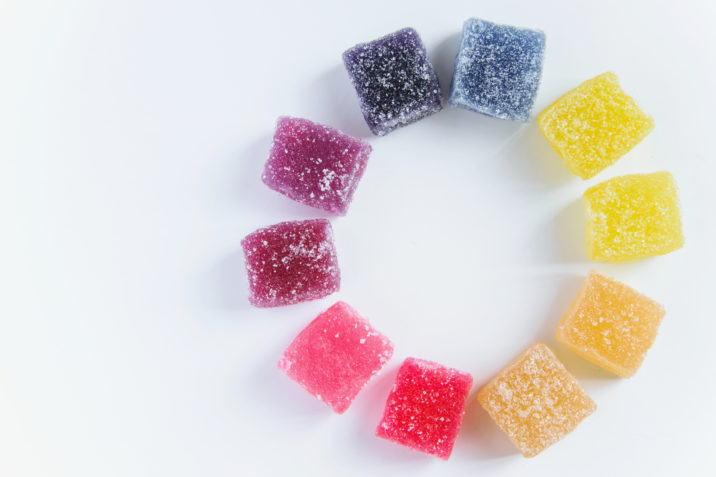You are here
Home 🌿 Recreational Marijuana News 🌿 B.C. public safety minister says cannabis edibles not in stores til January 🌿B.C. public safety minister says cannabis edibles not in stores til January

B.C.’s solicitor general says the province wants to see as much small-scale production as possible for marijuana edibles to allow for regional economic development.
“I don’t want it to be dominated by one or two large-scale variety of producers,” Mike Farnworth said Friday. “I think there’s room in this market for a considerable variety or product and a considerable variety of producers.”
He said that while provinces are responsible for retail operations and enforcement, the licensed production of cannabis, including edibles, is decided by the federal government, and any changes to regulations will become apparent if a new government takes office after Monday’s federal election.
“What we want to do is work with the federal government,” he told a news conference. “We’ll be watching very closely after Monday to see whether in fact the landscape as it relates to cannabis is going to change.”
Given the size of B.C.’s longtime marijuana industry in many small communities, particularly in the Kootenays, Farnworth said he’d like to see regional issues considered when it comes to licensing.
He said edibles will be not sold in liquor stores, but the province is interested in considering farm-to-gate sales, particularly involving small-scale producers.
While edibles, oils, topicals, hash and other cannabis goods became legal on Thursday, Farnworth said they would not be available until January.
The delay is because producers must provide 60 days notice to Health Canada of their intention to sell the products.
At least 36 marijuana stores have been closed in the province for illegally selling their products since the legalization marijuana a year ago, Farnworth said.
He said a 44-member community safety team based in various parts of the province, including Prince George, Surrey and Kelowna, have been cracking down on retailers.
“We were very clear right from the beginning that as more and more legal stores are open enforcement by the community safety team will clearly be ramping up,” he said.
“After all, it’s only fair that those stores that are abiding by the rules, that are paying their fair share of taxes, don’t have their competitive advantage undermined by stores that are operating illegally.”
One year after legalization, he says 144 private cannabis retail store licences have been issued and 33 are approved in principle, while 10 government-owned stores will be operating by the end of the year.
420 Intel is Your Source for Marijuana News
420 Intel Canada is your leading news source for the Canadian cannabis industry. Get the latest updates on Canadian cannabis stocks and developments on how Canada continues to be a major player in the worldwide recreational and medical cannabis industry.
420 Intel Canada is the Canadian Industry news outlet that will keep you updated on how these Canadian developments in recreational and medical marijuana will impact the country and the world. Our commitment is to bring you the most important cannabis news stories from across Canada every day of the week.
Marijuana industry news is a constant endeavor with new developments each day. For marijuana news across the True North, 420 Intel Canada promises to bring you quality, Canadian, cannabis industry news.
You can get 420 Intel news delivered directly to your inbox by signing up for our daily marijuana news, ensuring you’re always kept up to date on the ever-changing cannabis industry. To stay even better informed about marijuana legalization news follow us on Twitter, Facebook and LinkedIn.




